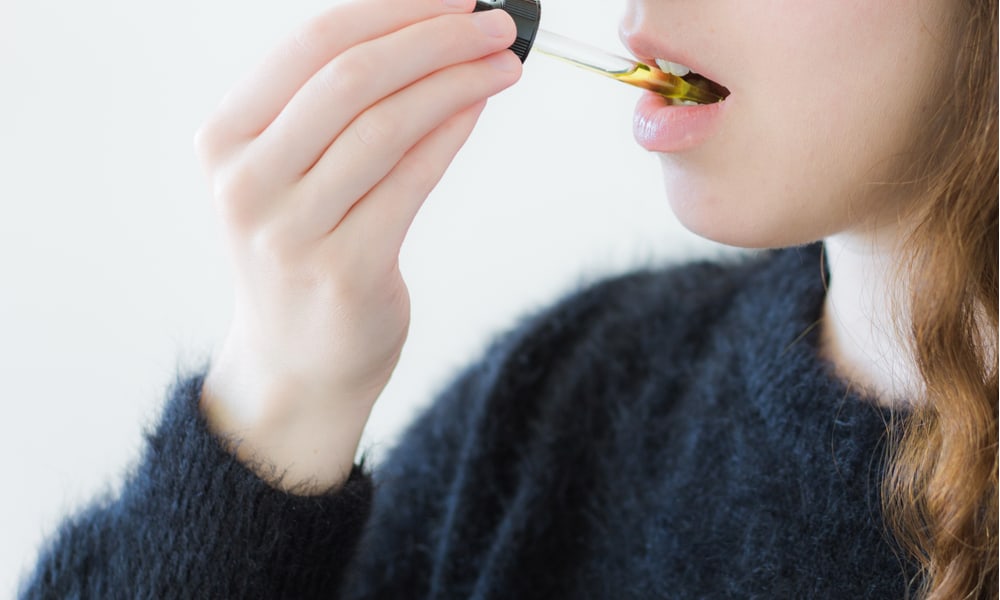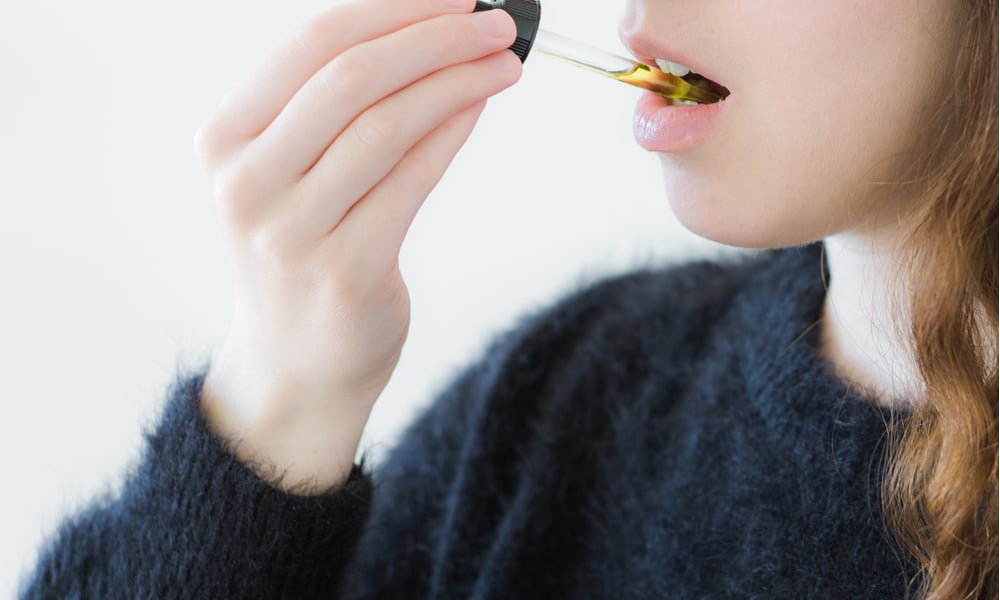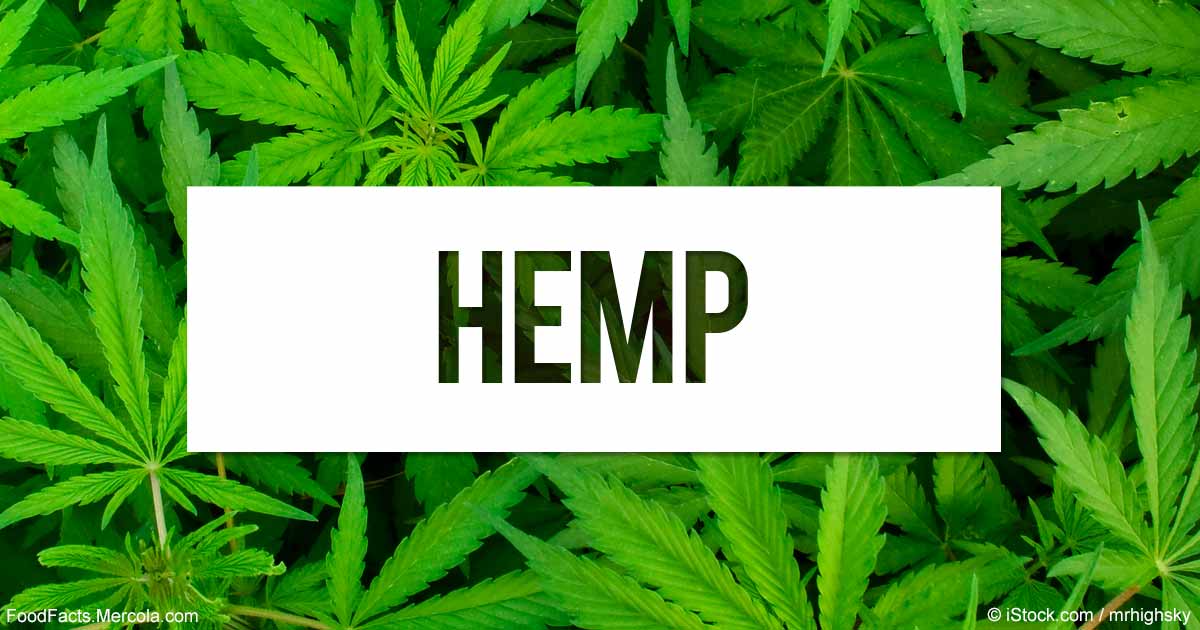
Coming off of a heroin addiction is notoriously difficult. But a new study suggests CBD can make it much easier. According to a study published Tuesday in the American Journal of Psychiatry, cannabidiol (CBD) can significantly reduce cravings in people addicted to opioids and manage withdrawal symptoms. Cravings and abstinence anxiety are two of the most critical features of addiction, and triggering them often contributes to relapses and continued drug use.
Exploratory Study Highlights How CBD Can Help Beat Addiction
The consequences of the United State’s ongoing opioid epidemic have been staggering. Yet there has so far been little effort to develop treatment options for opioid addiction that are themselves not opioid-based—e.g. buprenorphine and methadone. Some states have tried to address this problem by adding opioid replacement qualifications to their medical cannabis programs.
In New York, for example, patients are automatically eligible for medical cannabis if a doctor prescribes opioids as a treatment for their condition. And multiple studies attest to the anti-inflammatory and pain-reducing properties of THC and CBD.
But cannabis may not only be a safer alternative to opioid painkillers; it may also be the safer, more effective way to ween people off of their addiction to opioids.
A just-published study titled “Cannabidiol for the Reduction of Cue-Induced Craving and Anxiety in Drug-Abstinent Individuals with Heroin Use Disorder” investigated CBD’s potential to help people beat their addiction. Using a double-blind, randomized and placebo-controlled trial, researchers assessed the results of acute, short-term and protracted CBD consumption on drug cue-induced craving and anxiety in individuals trying to quit heroin.
Results: CBD Significantly Reduced Cravings and Anxiety with No Serious Adverse Effects
Participants in the study received Epidiolex, the first FDA-approved cannabis-based medication, to dose 400 mg or 800 mg of CBD once daily for three consecutive days. Researchers then exposed the participants to drug-cues designed to stimulate physiological responses to addiction. Then, they measured the results at different stages after participants dosed with CBD.
What researchers found was that “acute CBD administration, in contrast to placebo, significantly reduced both craving and anxiety induced by the presentation of salient drug cues compared with neutral cues.”
But they also found that those results lasted. “CBD showed significant protracted effects on these measures 7 days after the final CBD exposure,” researchers wrote in the study’s results. In other words, CBD worked, and kept working, to reduce opioid cravings in people with addiction. And it did so without any adverse or negative side effects, researchers say. “There were no significant effects on cognition, and there were no serious adverse effects.”
Comparing the 400 mg and 800 mg groups to the placebo group, CBD even reduced the amount of cortisol, the “stress hormone,” in people recovering from heroin addiction.
As a result, researchers concluded that “CBD’s potential to reduce cue-induced craving and anxiety provides a strong basis for further investigation of the phytocannabinoid as a treatment option for opioid use disorder.”
With barriers to cultivating and researching cannabidiol finally falling across the country, that research should be just around the corner. And for now, this important study into CBD’s effectiveness against opioid addiction adds to the growing pile of research supporting the myriad health wellness, and indeed life-saving benefits of CBD.















